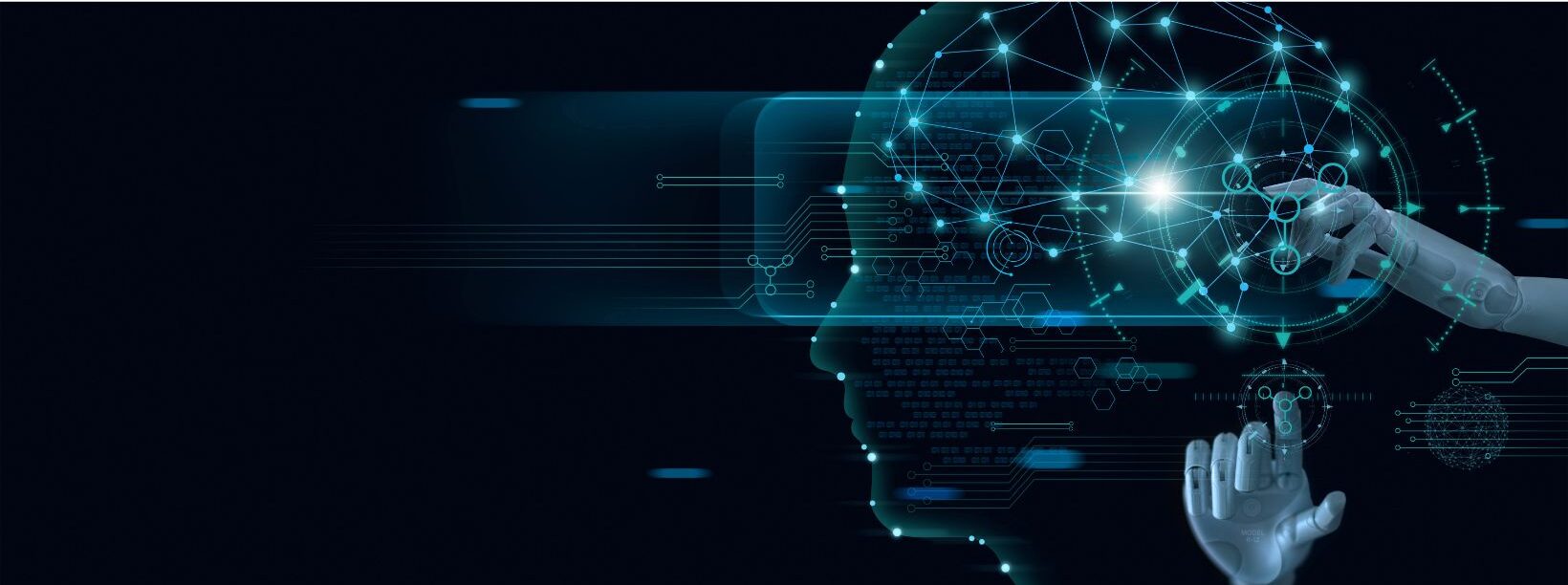AI and automation have significantly impacted the field of recruitment by streamlining and enhancing various processes. Here are some ways in which AI and automation are being used in recruitment:
- Resume Screening: AI-powered systems can quickly sift through large volumes of resumes to identify candidates whose skills and experience match the job requirements. This helps recruiters save time and focus on the most relevant applicants.
- Candidate Sourcing: AI tools can search through online platforms, social media, and databases to identify potential candidates that match the desired criteria, expanding the talent pool and reaching passive job seekers.
- Chatbots and Virtual Assistants: Chatbots can engage with candidates on a company’s website or social media profiles, answering questions, scheduling interviews, and collecting basic information. Virtual assistants can even conduct initial interviews through video or text-based interactions.
- Interview Process: AI can be used to analyze candidates’ facial expressions, voice tone, and language during video interviews to gauge their suitability for a role. This can help reduce human bias and provide insights into a candidate’s communication and emotional intelligence.
- Skills Assessment: Online skills assessment platforms powered by AI can evaluate candidates’ technical abilities and provide detailed reports to recruiters, helping to make more informed hiring decisions.
- Predictive Analytics: By analyzing historical hiring data, AI can predict which candidates are more likely to succeed in a role based on factors such as education, experience, and skills. This can help in making more data-driven hiring decisions.
- Diversity and Inclusion: AI tools can help identify potential biases in job descriptions and provide suggestions for more inclusive language. They can also help monitor and improve diversity by analyzing recruitment data for any patterns of bias.
- Onboarding and Training: AI can assist in creating personalized onboarding plans for new hires, and it can also provide ongoing training recommendations based on an employee’s performance and development goals.
- Employee Retention: AI-driven analytics can identify patterns and factors that contribute to employee turnover, enabling companies to take proactive measures to retain valuable talent.
- Background Checks: Automation can be used to perform background checks and verify candidates’ information more efficiently, ensuring that the hiring process is thorough and accurate.
While AI and automation offer numerous benefits, it’s important to be mindful of potential challenges, including:
- Bias: If AI systems are trained on biased data, they can inadvertently perpetuate biases in the hiring process.
- Lack of Human Touch: While automation can streamline processes, the human touch is still essential in building relationships and understanding candidates’ soft skills.
- Privacy Concerns: Collecting and analyzing personal data raises privacy concerns that need to be addressed.
- Complex Implementation: Integrating AI and automation into existing recruitment processes can be complex and require careful planning.
Ultimately, the successful integration of AI and automation in recruitment requires a balance between technology and human involvement to ensure fair, efficient, and effective hiring practices.

